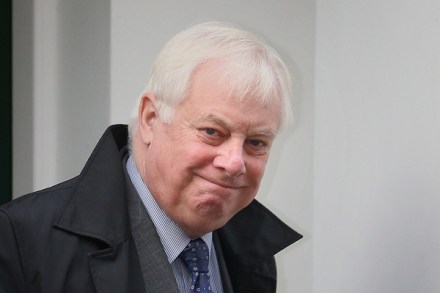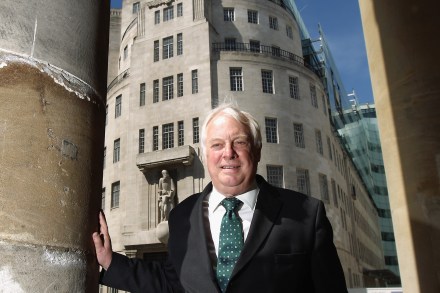There is no conspiracy against state school students going to Oxford, honest
On A-level results day it was inevitable really. Of the roughly 14,000 applicants not to have received a place at Oxford this year, one of them, Alastair Herron, has done astonishingly well in his A-levels, receiving 7 A* grades. He’s done so well in fact, that something fishy must be going on. How could Oxford reject such a brilliant student, thundered BBC Radio Ulster’s Stephen Nolan. ‘On what planet do you turn someone down with seven A*s?’ Presumably a planet in which over 17,000 pupils, most of them brilliant, are competing for 3,500 undergraduate places. What Nolan, not to mention John Prescott who is also on the case, fails to











